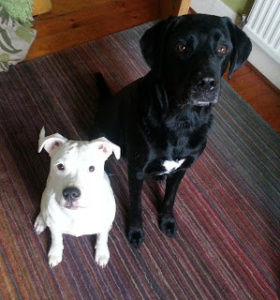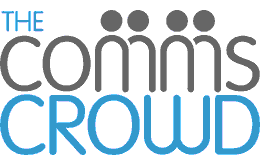Tips for PR Internship Interviews
Time to read: 2 minutes
Sam Howard interviewed 40 PR undergrads in a day, here’s her top tips for standing out from the crowd.

pick me! oh please pick me!
This is what got me, it’s not until you interview 40 potential interns back to back do you realise how important it is to make a mark and stand out, for the right reasons.
Below my top ten tips for delivering a compelling interview:
1) Dress up not down. You’re a student, I know what students look like, show me what you look like as a young professional, help me imagine you in my world. Lads put on a suit, girls tie back the hair, easy on the make-up, everybody make sure the shoes compliment the look and are clean, Oh and take your coat off!
2) Bring in a portfolio and refer to it. Clips, references, college work, certificates etc.
3) Don’t be worried about nerves. We expect you to be nervous and can see through them, just focus on coherent answers that stack up.
4) Be able to answer the question ‘what do we get if we hire you?’ In three words that are true to the core of you. Even if you’re not asked it, have a handle on your personal brand, what it is, what you stand for.
5) If you are studying PR be able to talk about the industry, our issues, our successes, where we are heading, your PR super hero etc.
6) Don’t offer up a single adjective unless you have a story that backs it up. Don’t feel obliged to provide us with skills or qualities that you are unlikely to have at this early stage of your career. If we’re looking for a new CEO we would have advertised for one.
7) Be comfortable with your more humble achievements. The most convincing candidates were those that talked about everyday PR duties, how tricky it was to get coverage when there was no news, to create 10 tweets a day for a fish and chip shop, to get journalists to talk to you – at least that way we know you know what you are letting yourself in for.
8) Don’t be too eager to please, ‘I don’t care where I work who I work for what I do’ isn’t actually that compelling. Moderate your desire to learn with a view of where you’d like to end up.
9) The ability to demonstrate you can own and learn from mistakes is a key character strength not weakness. Be able to be reflective, think about things that have not gone well that were actually down to you not someone else. Why was that, and what did you learn from it?
10) Have a story lined up that lets us see the passion in you the one that lights you up! It doesn’t have to be work related, just something where we can see your natural energy and pride. Good luck, and enjoy the experience!

